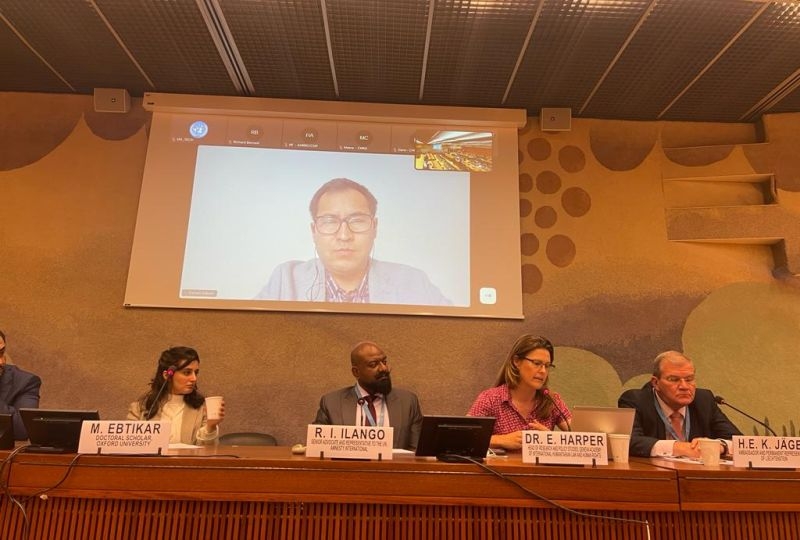When asked about justice pathways, Dr Harper began by emphasizing the unsettling nature of discussing accountability while violations are ongoing. She stressed that the primary focus should remain on preventing and mitigating the loss of life and other rights violations.
However, Dr Harper acknowledged the imperfections in today’s multilateral mechanisms designed to prevent and address international peace and security breakdowns and provide justice for violations during such crises. Given this reality, she asserted the need to utilize all available tools. Moreover, in cases where a UN Security Council intervention is unfeasible and diplomatic efforts have faltered, investigations should be regarded not only as a path to accountability but also as a means to encourage belligerents to reflect on the legality of their actions.
Dr Harper underscored that when discussing investigations, quality surpasses quantity in importance. She pointed to the resumption of the International Criminal Court's criminal investigation and its potential inclusion of post-2021 crimes in the prosecutorial strategy. Additionally, she acknowledged the significant work being carried out by UNAMA. She noted that it is within the competency of the HRC to establish an investigatory mechanism, however, even here, in a more representative body, decision-making can be complex and divisive, as recently demonstrated in debates around extending the mandate of the investigation mission in Ethiopia.
Overall, Dr Harper emphasized the necessity of providing investigators with a mandate of sufficient duration and adequate resources to effectively fulfil their role. This is a challenge faced by HRC-mandated commissions of inquiry and fact-finding missions that require attention for the HRC to effectively carry out its dual role of prevention and promotion of accountability.









